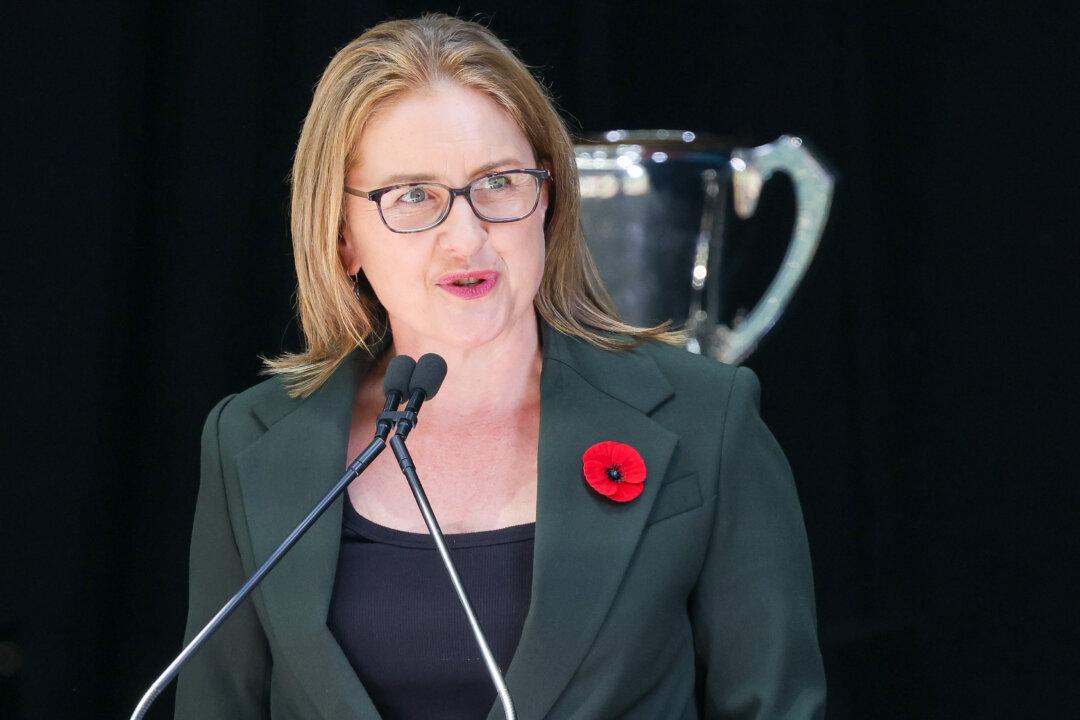The Andrews Labor government has lifted its freeze on late-night liquor licences in the inner-city municipalities of Melbourne, Port Phillip, Yarra and Stonnington to support Melbourne’s night-time economy.
Anthony Carbines, the acting Minister for Casino, Gaming and Liquor Regulation, made the announcement on July 4, saying that it is in line with the government’s election promise to grow the hospitality and live music industry.




